Imagine retiring at the age of 50, just to find out you have a debilitating disease. This exact thing happened to my grandpa when he found out he had Parkinson's Disease. My dad told me when my grandfather first found out he had Parkinson's the symptoms were very minor, but over the years they progressed a lot. By the time I was 8 and he was 64, the symptoms were much more severe. 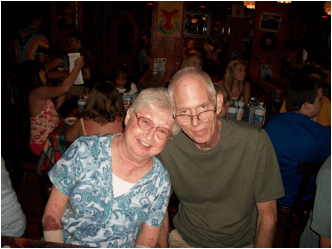
Parkinson's Disease (PD) affects the way you move. It happens when there is a problem with certain nerves causing the chemical they produce, dopamine, to not function in the part of the brain that controls muscle movement. PD has four main symptoms: stiff muscles; slow movement; problems with balance or walking; and tremors, which is shaking or trembling. “Tremors may affect your hands, arms, or legs,” quoted by the National Parkinson Foundation.
My grandma and grandpa lived only four houses away from my elementary school. Every day after school my sister and I would walk there and stay until our parents picked us up after they got off work. My grandpa was always working on something in the garage when we got there, and was always happy to see us. I remember how unsteady he was and how he shuffled his feet when he walked. Even how he sometimes had trouble eating. It seemed like my grandma was always taking care of him.
PD affects people all over the world. Around 1 to 1.5 million Americans have this disease. Globally it is estimated that 6.3 million people have it, according to the National Institutes of Health (NIH). Between 50,000 to 60,000 new cases of Parkinson's are diagnosed each year. PD is the 14th leading cause of death in the United States. This disease most often develops after the age of 50. It is one of the most common nervous system disorders of the elderly. PD is a chronic disease, meaning you have it for a long period of time, and it is progressive meaning it worsens over time.
My grandpa already had PD when I was born and I only remember the last few years of his life. He didn't seem too bad at first, but I noticed him getting worse every year. My dad said that grandpa went downhill fast.
Dementia—which is changes in the brain that affects mental functions like memory, the ability to pay attention, make sound judgments, and plan steps needed to complete tasks—became the worst of his symptoms and he ended up needing fulltime care. My grandpa passed away in 2012, when I was I was 12 and he was only 69.
At present, there is no cure for PD, although there are a variety of medications that provide dramatic relief from the symptoms. The U.S. Food and Drug Administration have approved a therapy called deep brain stimulation (DBS). DBS is surgical procedure used in some cases when PD doesn't respond to drugs.
| Related story: I know what you are thinking. |
It must have been terrible for my grandpa to find out his retirement years would not be what he had dreamed of. Now that I've seen what Parkinson's did to my grandpa and how much it affected my grandma, my parents, and other family members who loved him, I can't help but wish a cure was available. Andrew Heider

This work is licensed under a Creative Commons Attribution-NonCommercial-NoDerivs 3.0 Unported License


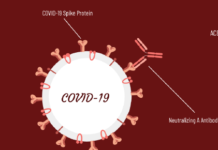
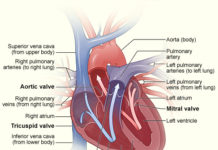
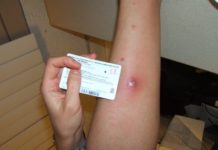
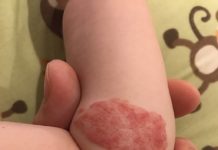

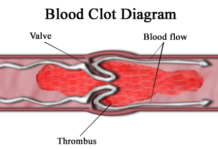






I too use to watch my neighbor shuffle his feet while working on his boat and car. Your words are inspiring and one can tell you care for your family and loved your grandpa. Well done Andrew.
Good job! I can tell you really cared about your grandpa.
good job!:congrate
This is a fantastic article! It’s hard watching a family member suffer knowing that you hardly know them. Hope things are better! 🙂
Good job with this article. I’m sorry about your grandpa.
Good job on the article! sorry for your lost btw
i never knew that Parkinson’s Disease could do that or have a effect like i wish them the best.
My grandpa found out around the time he retired! He lived with it for about 7 yrs, taking no meds. He wanted to run as natural as he could!!! He passed away 9/13/14 at the age of 78, Im sorry about your grandpa also!!! Its def a sad disease